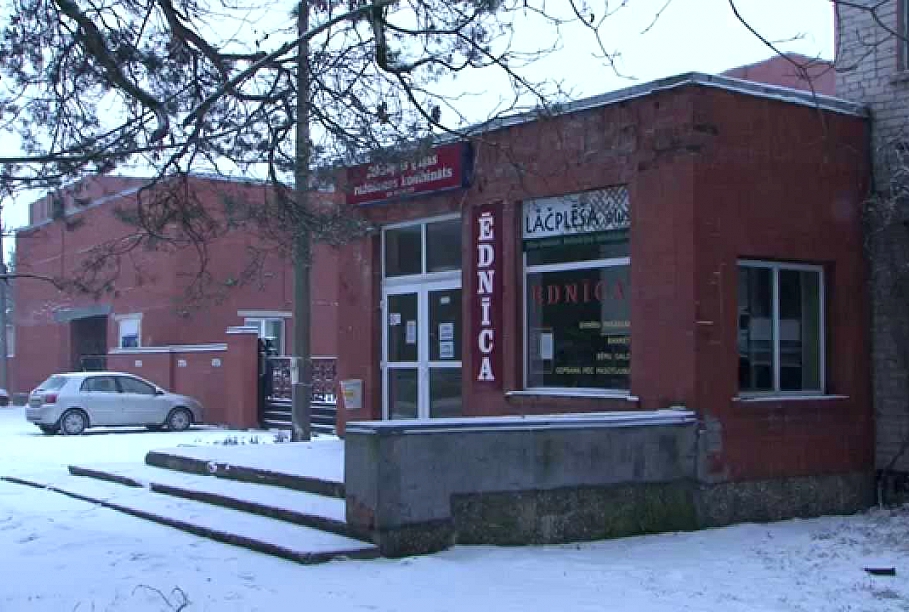Despite attempts by the local government council to help the firm regain its footing, it nevertheless declared insolvency on January 22. The Jēkabpils council counted on the company’s tax income for a good chunk of its budget, and tried to tolerate its arrears as flexibly as possible. Its debt stands at around €3m.
“I don’t know if the economic situation was so bad as to have to go bankrupt,” said the disappointed council’s chairman Leonīds Salcēvičs.
For decades the plant produced a wide assortment of meats, canned and packaged, relished by the locals, who believe the closure will hit the town and surrounding rural district hard. Many farmers relied on the plant to accept their locally raised meat stock and will now have to look elsewhere to sell.
It had been hoped to attract the interest of the not-too-distant, but thriving Rēzeknes gaļas kombināts, however the local government’s overtures fell on deaf ears with its owner. “He declined. Apparently the meat market doesn’t have the opportunities while there’s the economic crisis in Russia,” the local government leader told Latgale Regional Televison last week.
“I do think people are just let down by the whole thing. We even held a rally for their support,” said Iveta.
“I think there’s enough meat in the stores but for the people losing their jobs… I heard their social taxes haven’t been paid. That’s very bad for them,” said Svetlana.
The unemployment rate in Jēkabpils already stood at 10.4% of able-bodied working age residents, and is now likely to rise by about 0.5% with the lost jobs at the once productive Jēkabpils gaļas kombināts.
Meanwhile an almost identical situation is underway in Tukums, where the Tukuma gaļas kombināts has been idle for over a month, laying off over a hundred workers, many of whose wages and social taxes also hadn’t been paid, reported Arvīds Deģis of Tukums24.lv.
While not having declared bankruptcy yet, as a company linked by subsidiary ownership to the meat processing company in Rēzekne, speculation abounds as to the reasons for its languishing while its parent company is doing so well. Some accuse the meat processing company owners in Rēzekne and Daugavpils of colluding to run rival plants out of business, writes Deģis.






























